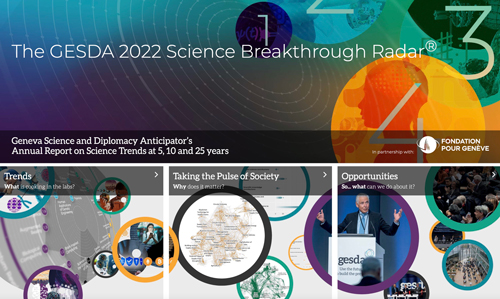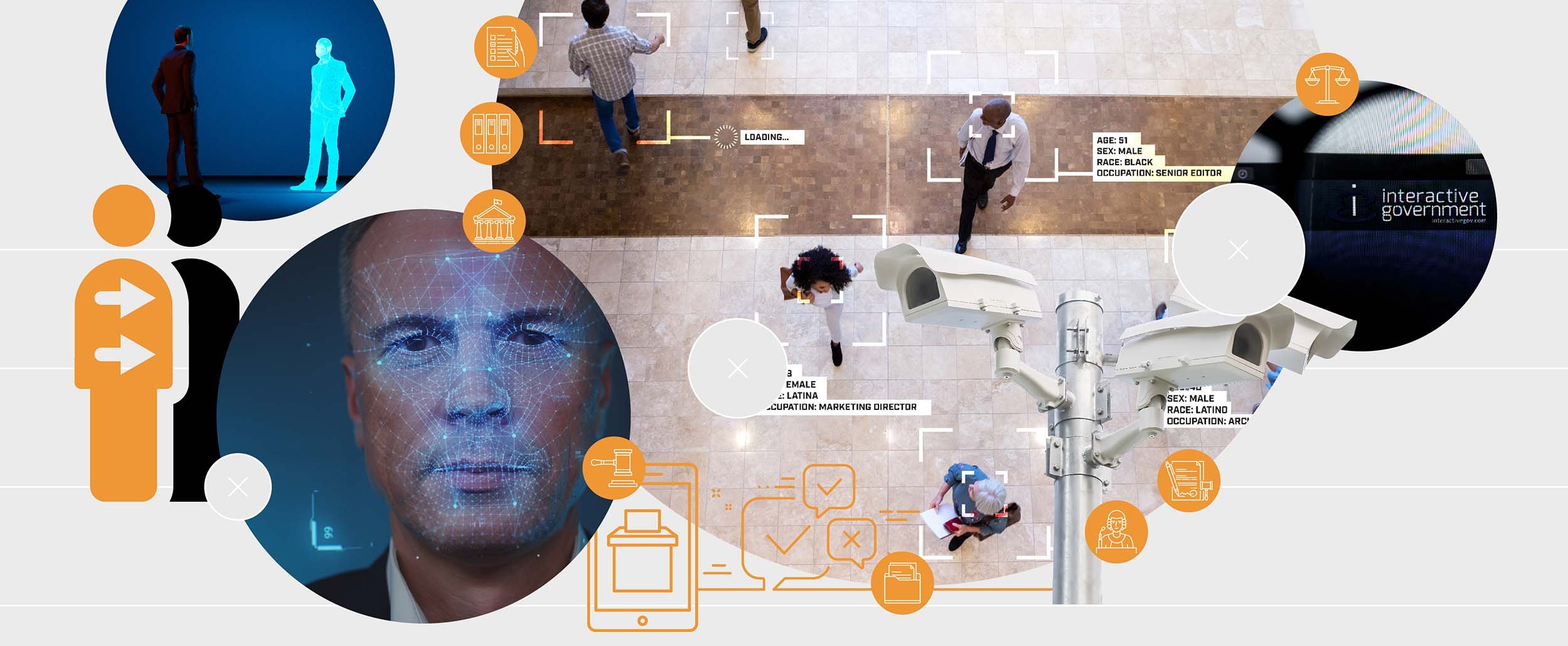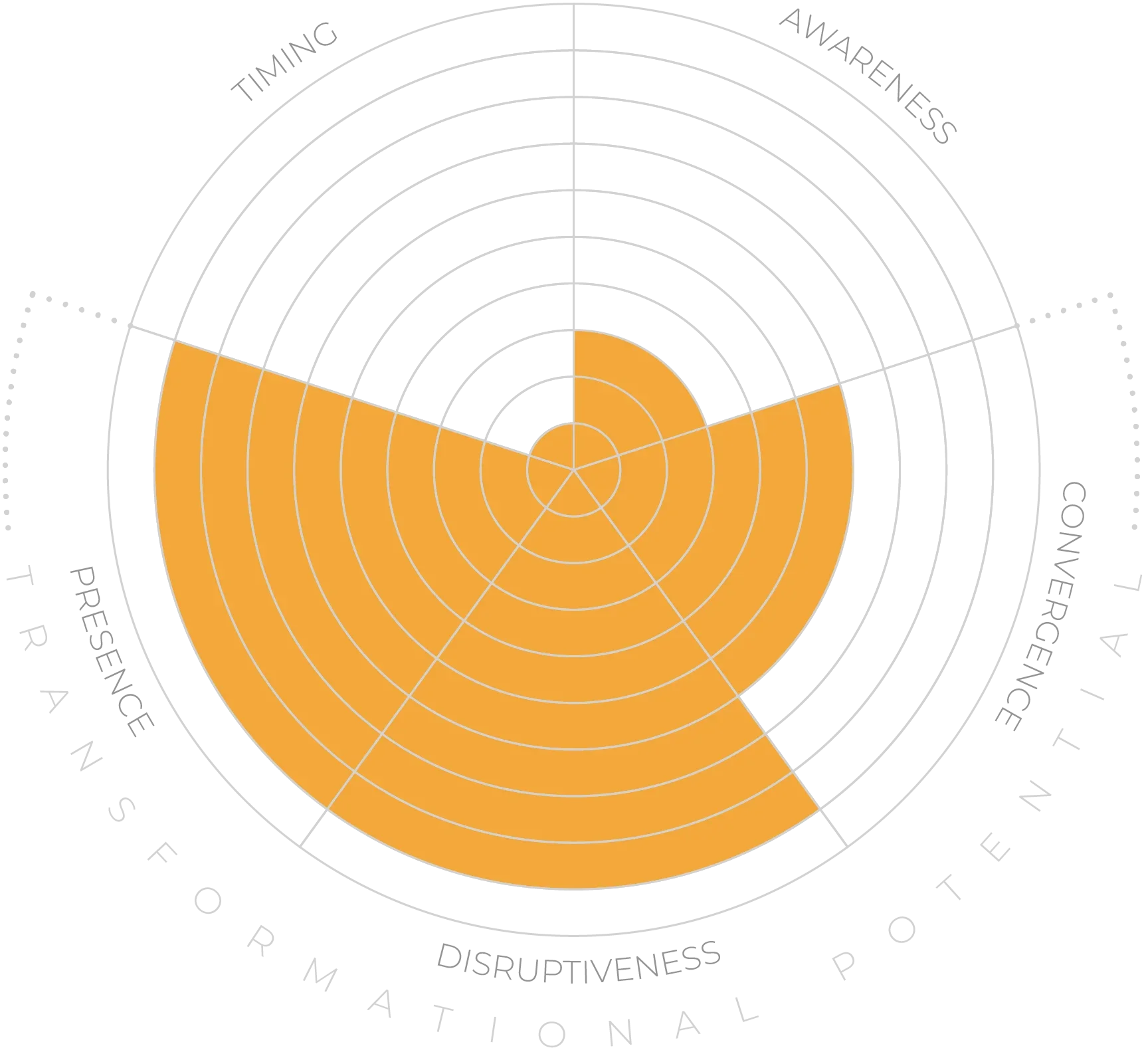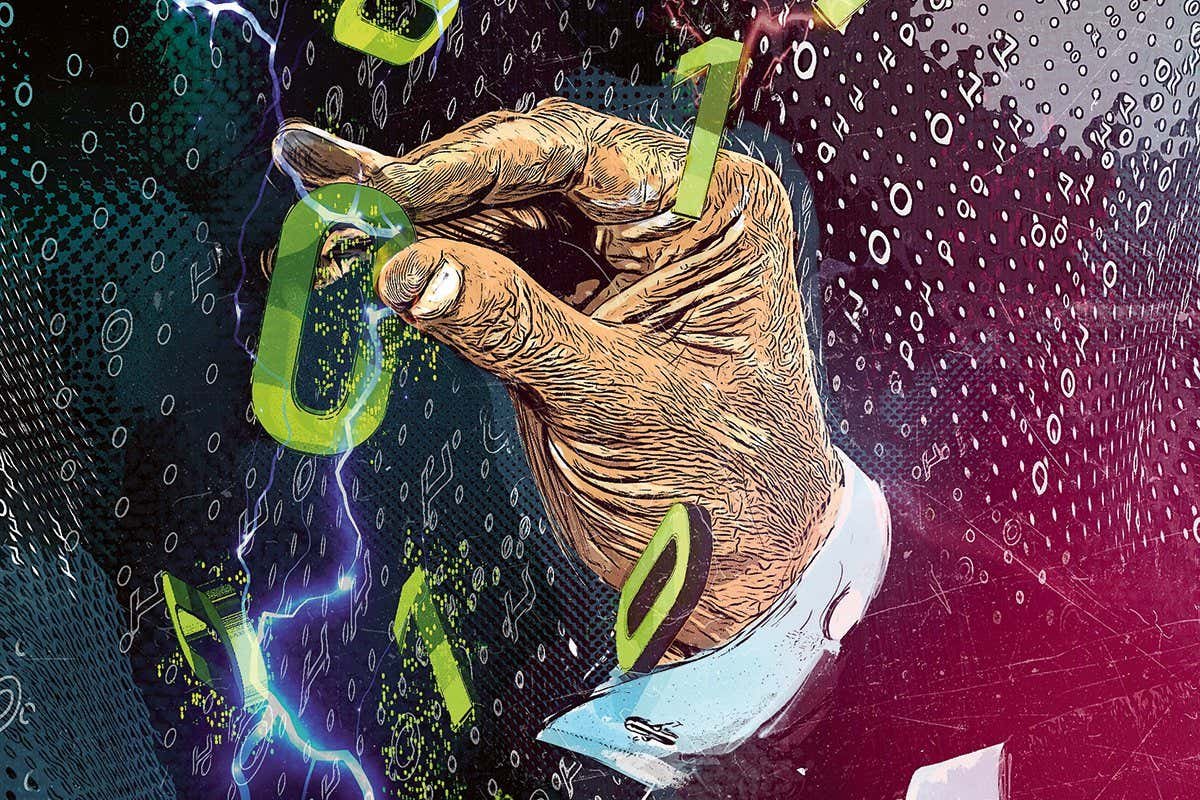This has been a huge success in Estonia, where the country's digital identity system is secured by blockchain and widely trusted by the public. It is used to record citizens' daily transactions, to make tax payments and even to vote.
Other systems have been more controversial, however. India's Aadhaar digital identity system has over 1.3 billion users, a number that has helped to kickstart the country's digital economy. But it has also been engulfed in controversy, with lawyers, academics and civil rights activists claiming that Aadhaar allows massive state-level surveillance and that security is inadequate, allowing data breaches and even fraud.11
At the heart of all these challenges lies the issue of trust. This is inevitably eroded when controversies erupt. It is already clear that the nature of trust is highly nuanced and that people will rely on a particular technology in one set of circumstances but not another.12 For example, research into the use of QR codes to convey vaccine status has shown that people are willing to trust this technology in relatively anonymous situations, such as when travelling, but are much less likely to trust it at work, where it can reveal their health status to colleagues.
At the same time, trust in institutions --- including democracy --- has declined in recent years. It is not at all clear whether technology will reverse this trend or accelerate it, but there is certainly a risk of a conscious or unconscious drift towards unchecked use of widespread surveillance.
Digital identity is likely to further evolve in the “metaverse”, where online versions of ourselves and objects around us will become increasingly active. “Digital twins” are already being used in activities such as product development, purchasing decisions, voting, health studies and so on.13 It is likely that they will be augmented by artificial intelligence that can offer better-than-human capabilities, making establishing and verifying the identities of these “centaurs” a vital concern.




